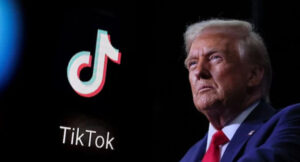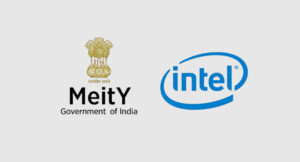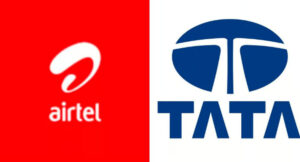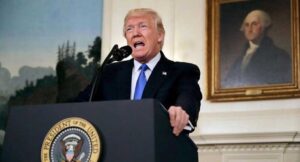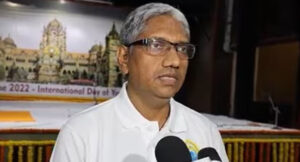Starlink is facing fresh regulatory hurdles in India, with the Union government asking the company for details of its upcoming operations in Pakistan and Bangladesh, according to sources close to the development.
A subsidiary of Elon Musk-owned SpaceX, Starlink has been awaiting the government’s approval for long to enter the India market with its satellite communication services, even as many other applicants have received approvals. In a surprising development recently, Airtel and Reliance Jio — both satellite communications (satcom) licencees — announced distribution tieups with Starlink, signalling that the American major was getting ready for India.
“There are still certain security concerns. For a company to provide communication services in India, a large number of technical complications need to be met,” a Department of Telecommunications (DoT) official said. “The company has been asked to clarify its plans to operate in neighbouring countries, one of which is openly hostile to Indian interests,” he explained.
Last month, the satcom operator received provisional registrations from Pakistan’s space regulator, with Islamabad stating on record that it hoped Starlink would receive full clearance and begin operations by the end of 2025. On the other hand, the Bangladeshi telecom authorities earlier this week granted necessary licences for Starlink to operate.
Responding to security conditions, the American company has so far promised to store data in Indian servers, and use satellites only for authorised services over Indian territory.
But it is yet to formally accept technical conditions with cross-border implications, such as monitoring zones and creating a data buffer zone along international borders where services are prohibited, with the specific width determined by the government, it is learnt.
Officials said the government’s latest communication to Starlink wouldn’t necessarily delay the evaluation of its application. It is part of the regular screening process for issues of national security, according to officials.
Business Standard queries seeking an official response from the DoT did not elicit a response.
Starlink provides satcom services in over 100 countries through a constellation of more than 7,000 low earth orbit (LEO) satellites operated by SpaceX.
Starlink’s application for a global mobile personal communication by satellite (GMPCS) services licence, needed to offer satellite-based broadband services in India, has been under processing since November 2022. DoT has already granted the licence to Airtel-backed Eutelsat OneWeb and Reliance Jio’s satellite arm Jio Space Limited.
Last month, telecom operators Bharti Airtel and Reliance Jio had announced separate deals with Starlink to distribute Starlink equipment and services for Airtel and Jio customers in India.
Long list of hurdles
Starlink’s application has also dragged on due to a lengthy list of exemptions that the company has sought citing technical limitations. According to GMPCS rules, a licensee must use satellites only for authorised services over Indian territory, excluding activities that could compromise national sovereignty and security, such as surveillance or electronic warfare, a regulation which has been repeatedly cited by India’s strategic establishment.
Starlink’s application for offering satcom services in India had been held up due to the company’s inability to comply with mandatory ownership disclosure norms overseen by the Department for Promotion of Industry and Internal Trade (DPIIT). Additionally, Starlink had also clashed with the government over rules that a licensee must provide call data records to security agencies upon request and turn off services at times of crises under government direction.
Starlink is also awaiting final authorisation from the Indian National Space Promotion and Authorisation Centre (IN-SPACe).
Overall, the satcom service is yet to take off in India due to lack of clarity on allocation of spectrum and its pricing. The Telecom Regulatory Authority of India (Trai) has to issue recommendations on satellite spectrum, detailing the modalities for allocation of space spectrum, including its price. The Trai recommendations will also set the other licensing conditions. Business Standard

